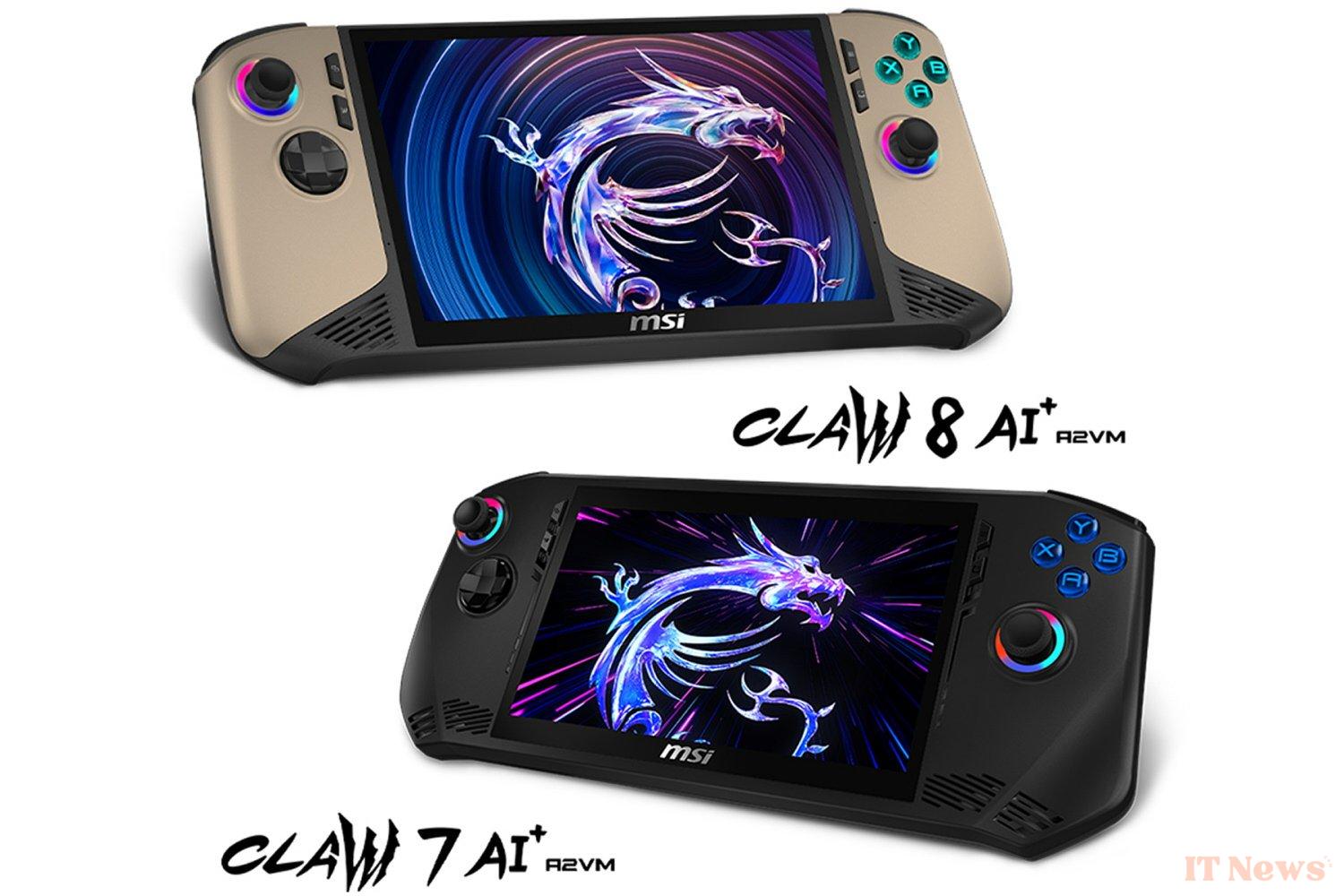Democratized by Valve's Steam Deck and the Asus ROG Ally, launched in 2022 and 2023 respectively, the market for PC consoles running on Steam OS or Windows is currently booming; more and more manufacturers are venturing into it to try to grab a piece of the pie.
The vast majority of current portable consoles – from the Lenovo Legion Go to the ROG Ally X to models from Ayaneo – are based on an AMD Ryzen Z1 platform, the chip manufacturer dominating this still young market. Only MSI is a real exception with its range of Claw portable consoles using solutions from Intel. However, the situation could change significantly in the coming months.
Intel is seriously committing to the portable PC console market
Intel seems to have great ambitions and wants to compete more aggressively with AMD in this sector. The manufacturer, through its vice president and general manager of technical marketing Robert Hallock, announced that it is implementing a real strategy to expand its presence in this market. Intel is thus in the process of putting together a team of experts intended to support independent developers of games ported to this type of console. The manufacturer is also in the process of setting up several internal support programs to help PC console manufacturers target the specific performance profiles of these devices. Intel is even going so far as to provide kits and prototypes to developers who want them, in order to guarantee that their video games will be sufficiently optimized.
The hardware aspect is perhaps the most interesting: Intel is already working on mobile chips specially designed for this market. While some portable consoles presented at the beginning of the year at CES were equipped with an Arrow Lake H SoC, with graphics performance similar to that of Lunar Lake chips, attention is already turned to the chips on Panther Lake architecture that will replace them in the second quarter of 2025. Without on-board RAM, unlike Lunar Lake processors, these chips will allow portable console manufacturers to offer personalized configurations. Intel also plans to compensate for the removal of integrated memory with other technologies aimed at optimizing energy consumption.
Intel's serious entry into the portable console market should in any case encourage innovation and potentially lead to lower prices. It remains to be seen whether the manufacturer's increased commitment, with a strategy focused on collaboration with video game developers and PC console manufacturers, will be enough to effectively compete with AMD and its soon-to-be-available Ryzen Z2.
Source: Laptopmag



0 Comments